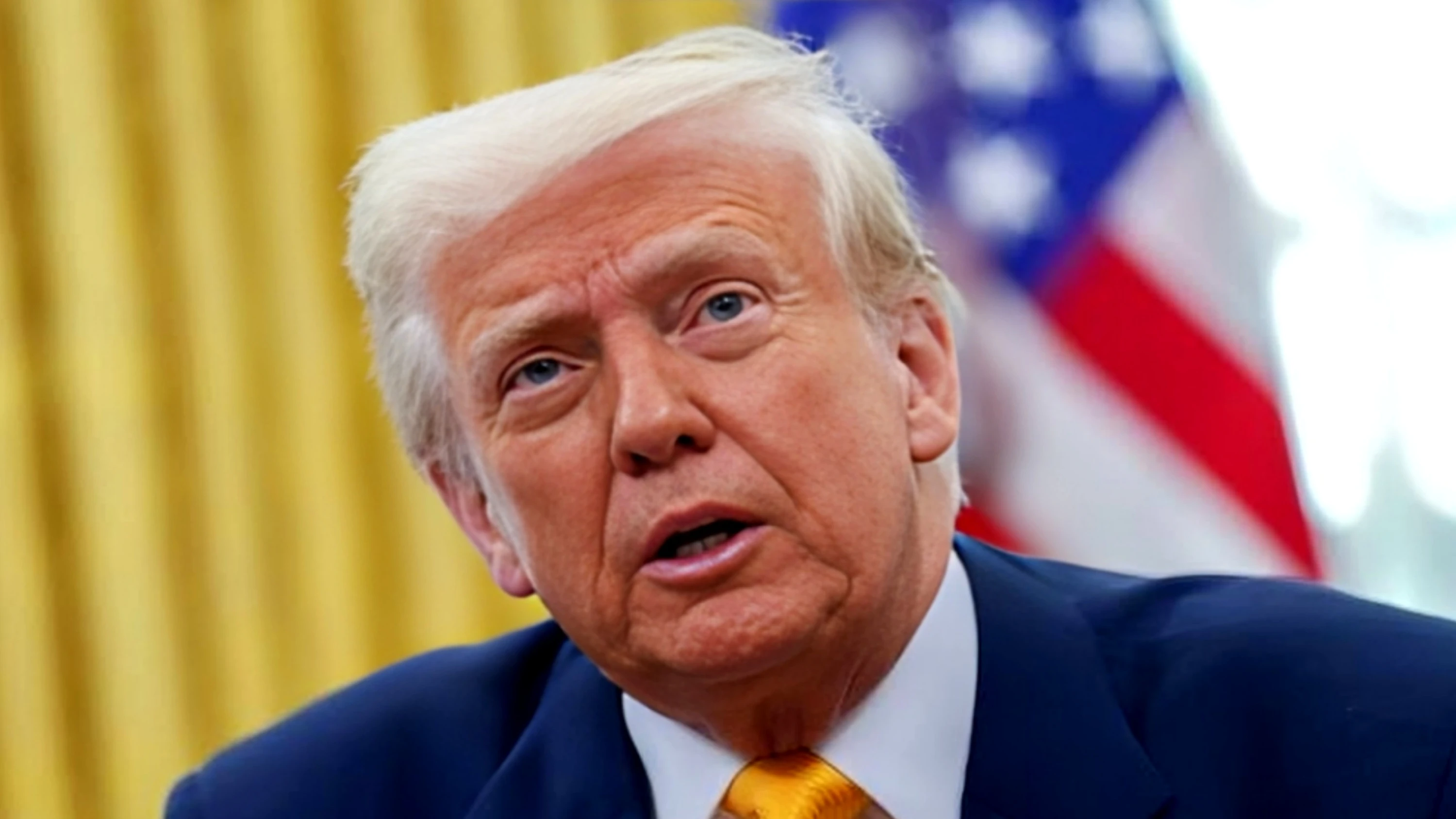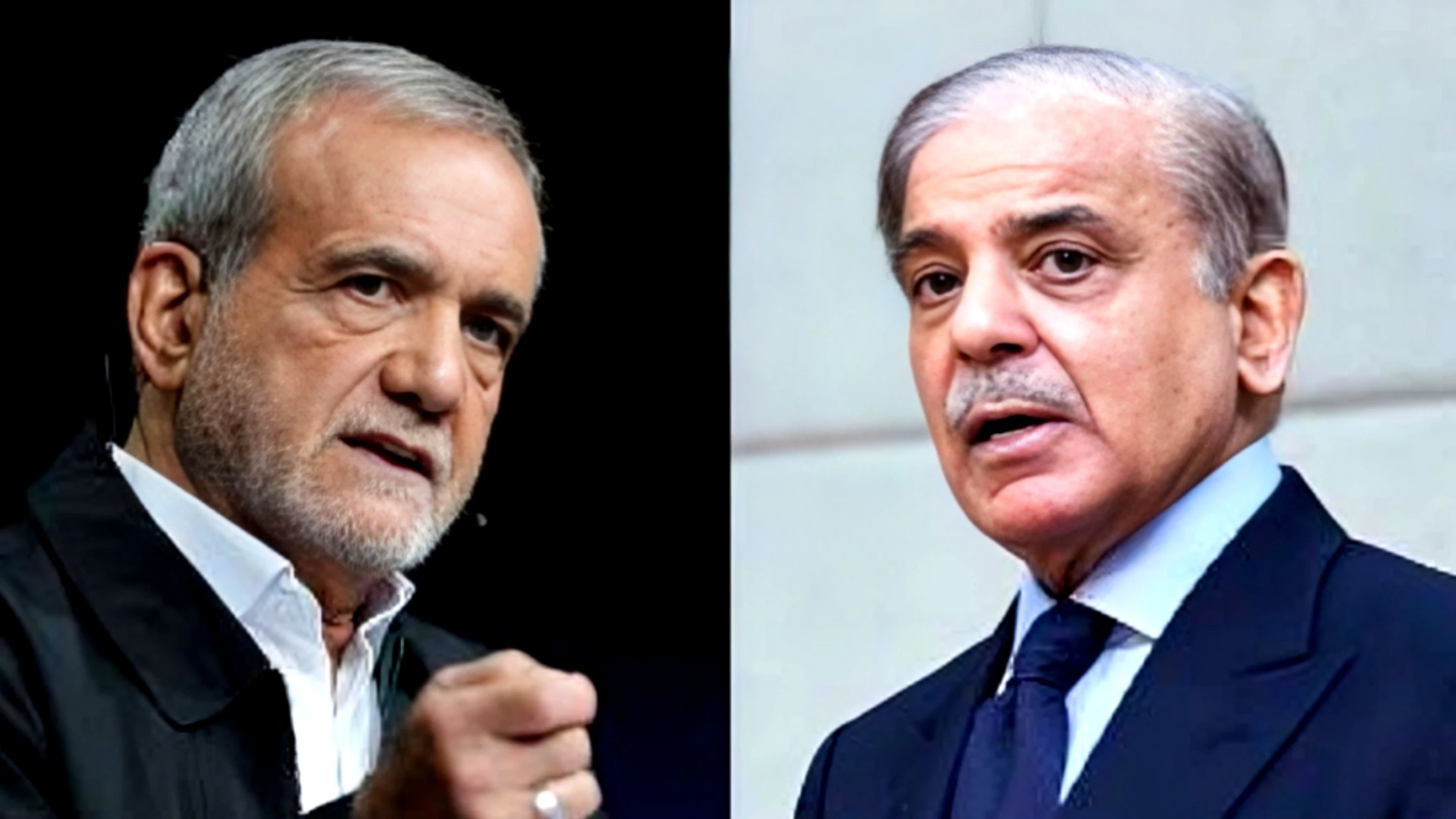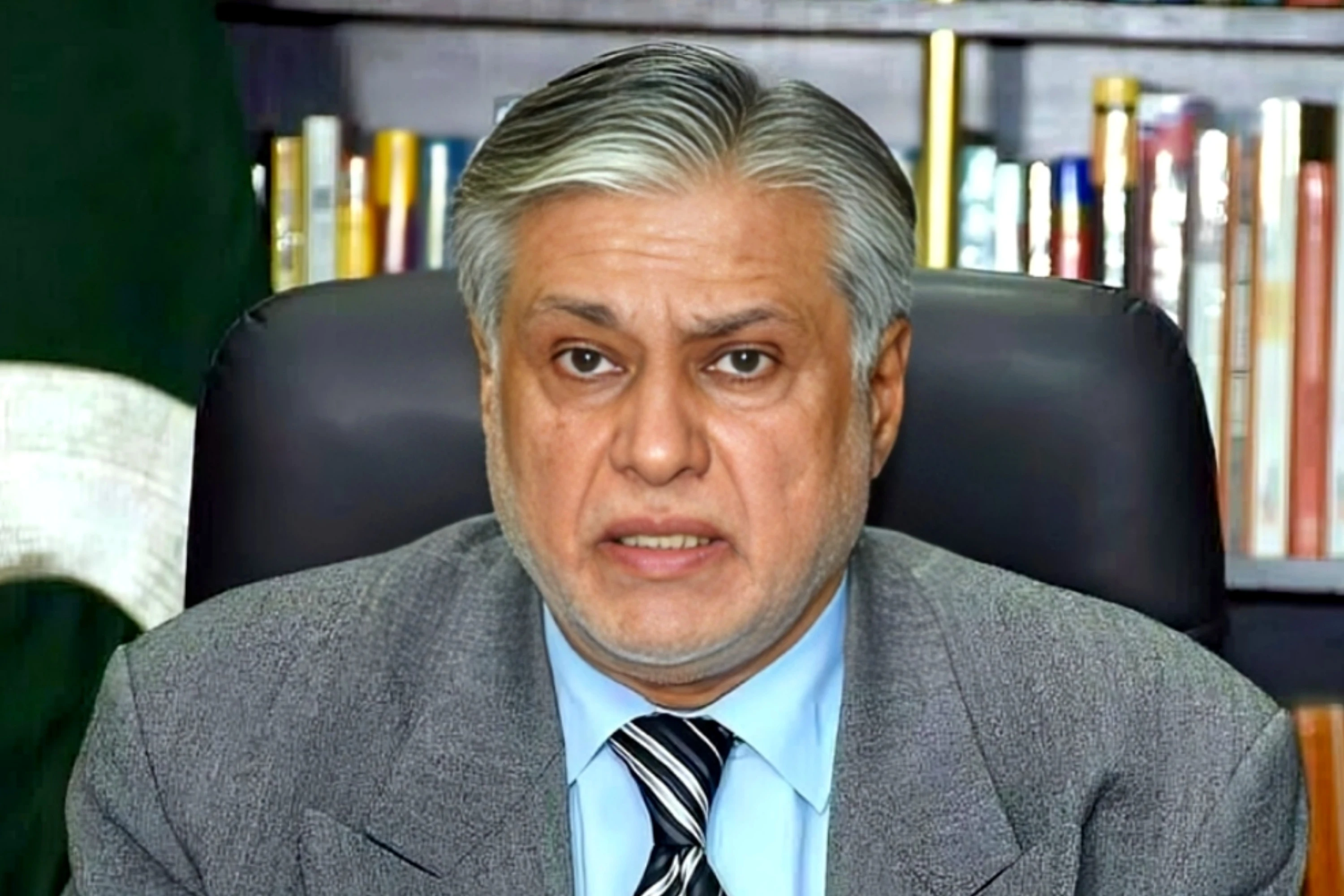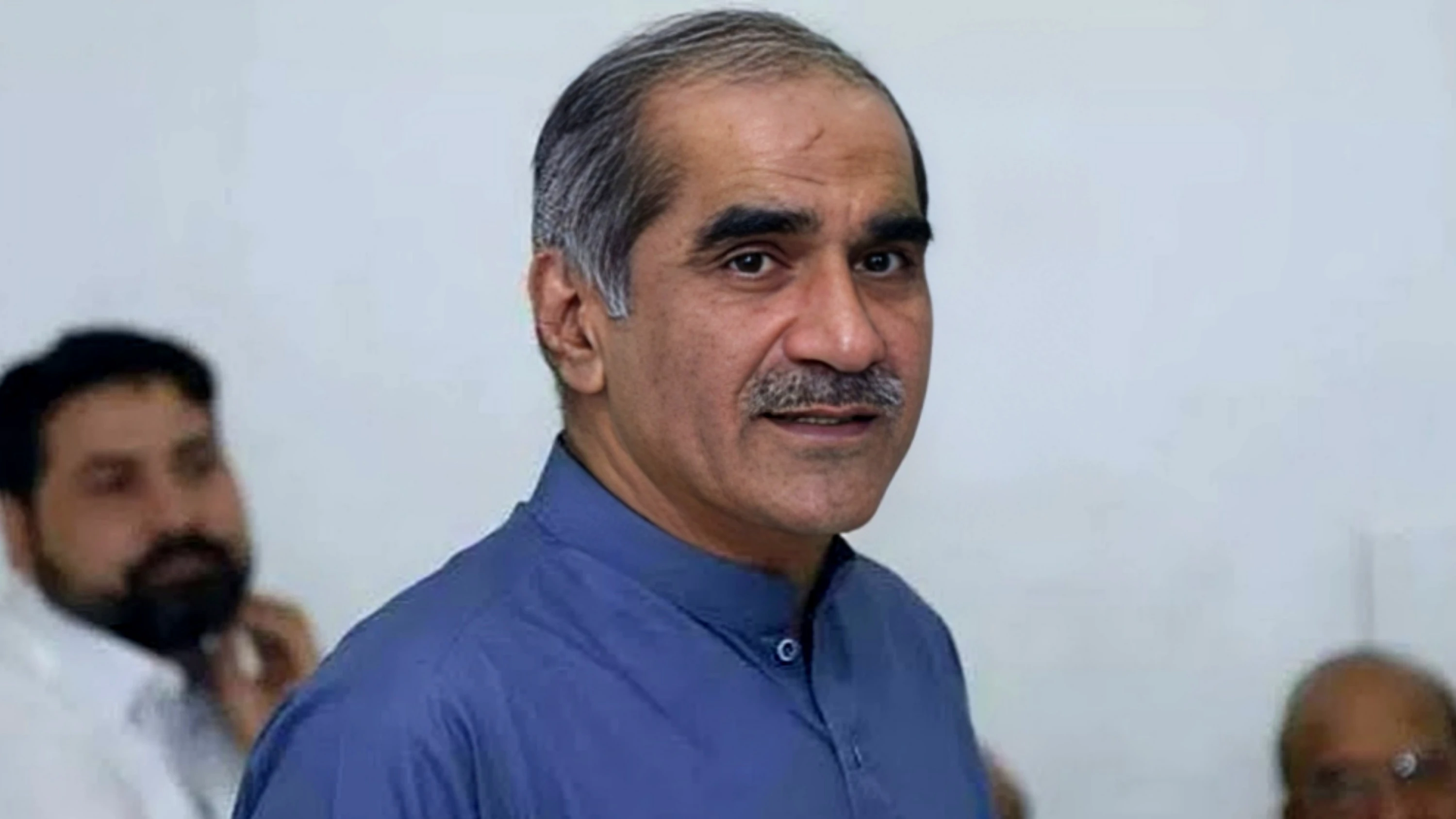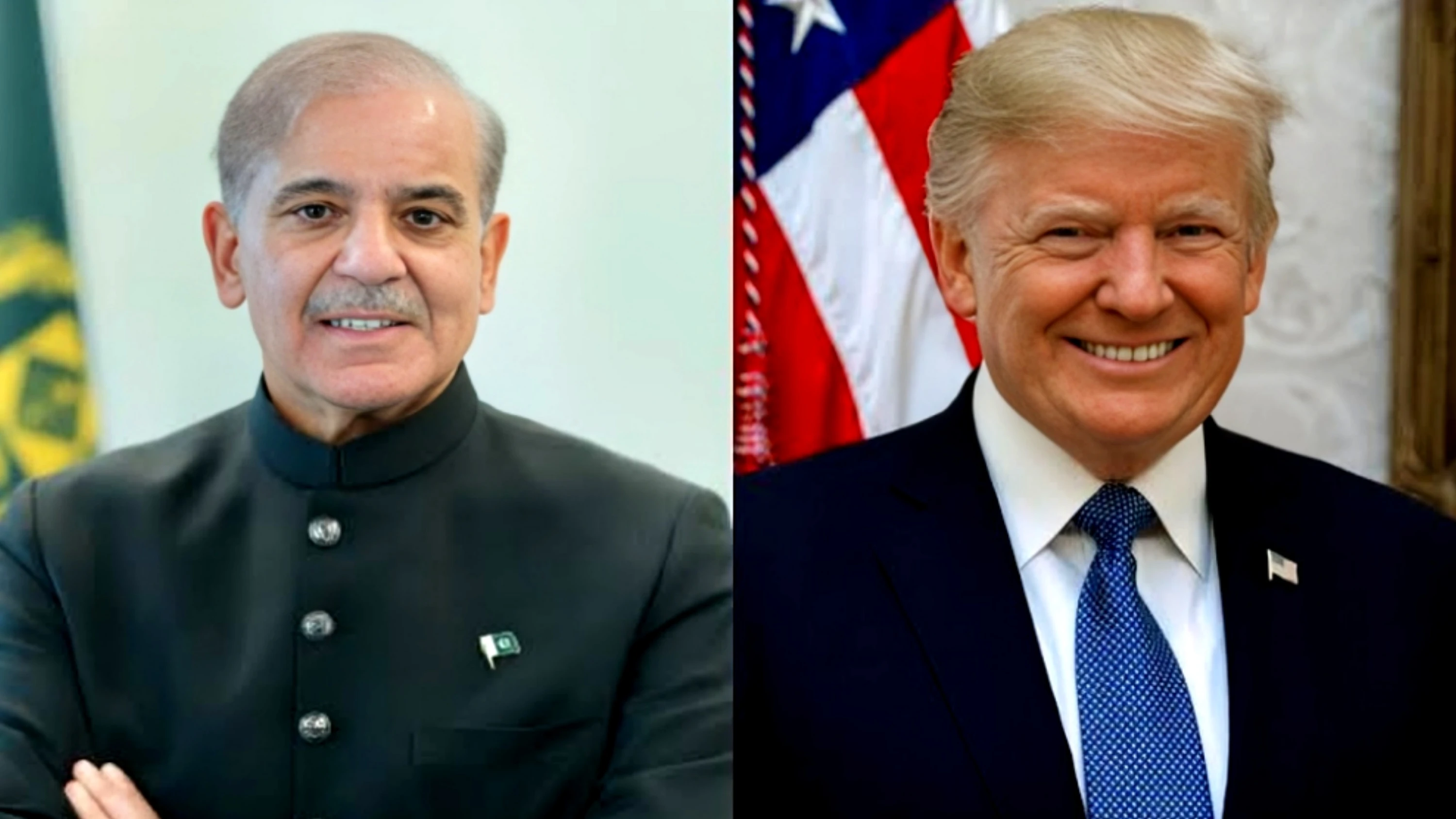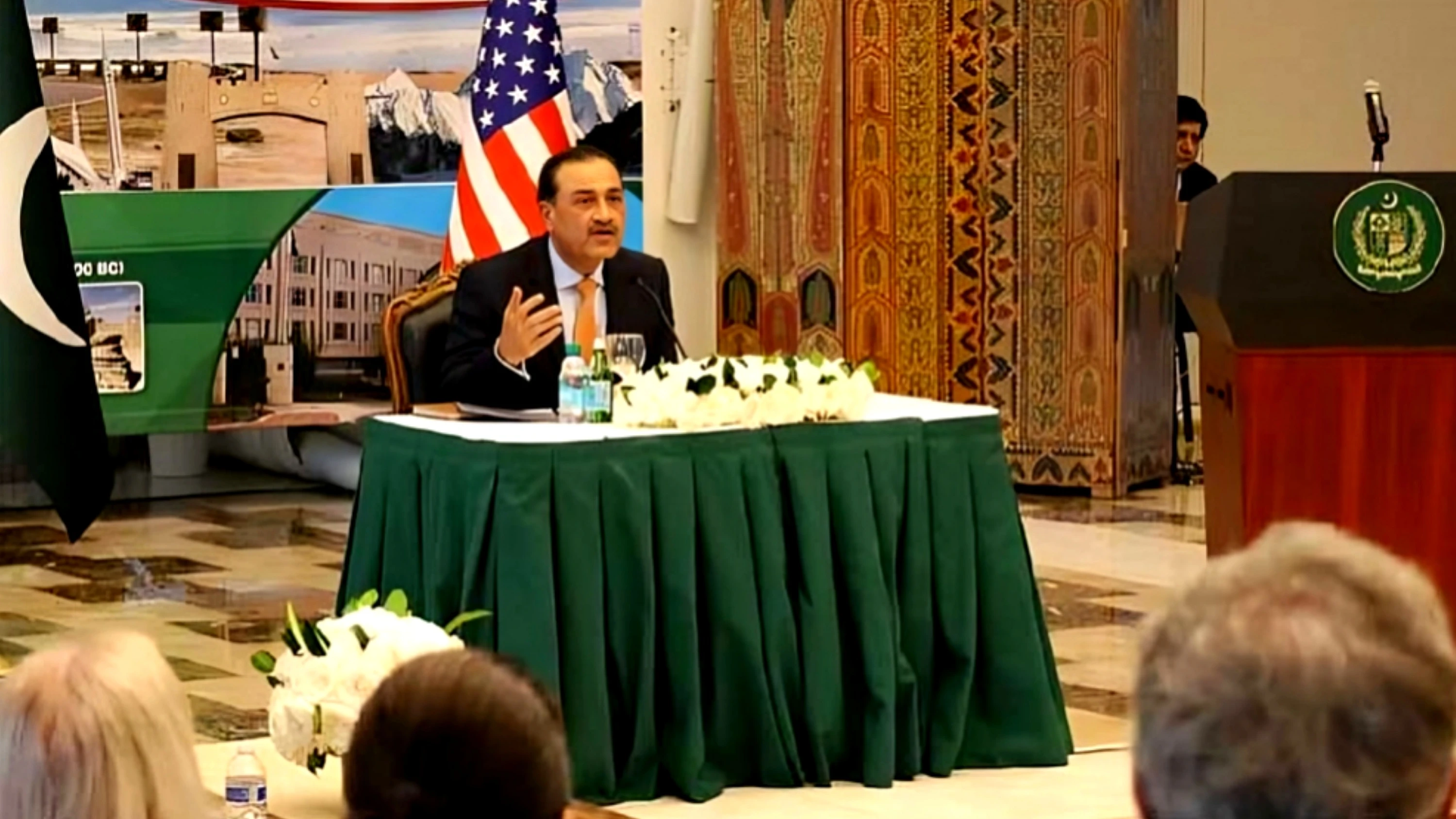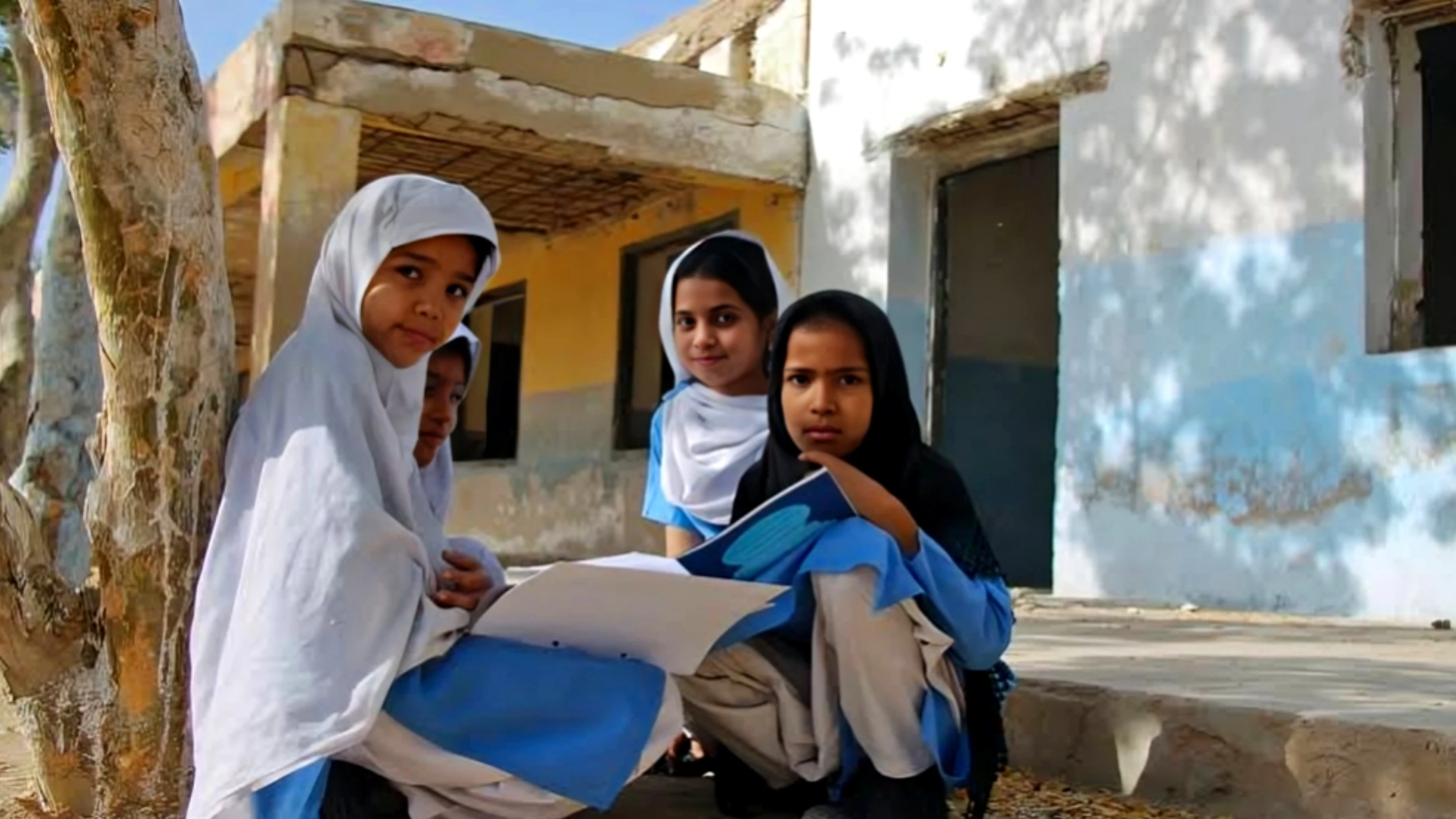Islamabad: A wave of criticism has erupted across Pakistan’s political landscape after the government nominated U.S. President Donald Trump for the 2026 Nobel Peace Prize, citing his role in defusing last month’s military standoff between Pakistan and India. However, the nomination has come under fire in the wake of recent U.S. airstrikes on Iran’s nuclear facilities and Trump’s continued support for Israeli military actions across the Middle East.
The government said its decision was based on Trump's “decisive diplomatic intervention” during the Pakistan-India crisis, claiming it helped avert a potential nuclear conflict. A statement released last month praised Trump’s diplomatic efforts and direct communication with both Islamabad and New Delhi, asserting that his leadership reduced regional tensions.
“President Trump played a key role in preventing war through his diplomatic channels,” the statement read, adding that his involvement showed serious interest in resolving the Kashmir dispute and maintaining regional stability.
However, criticism intensified after the United States, under Trump’s leadership, conducted airstrikes on Iran’s nuclear sites in Fordow, Isfahan, and Natanz, with Trump boasting that the facilities had been “completely destroyed.”
Leading political figures have since condemned the government’s nomination of Trump.
Jamiat Ulema-e-Islam (F) chief Maulana Fazlur Rehman demanded the government to withdraw the proposal, calling Trump’s peace narrative a “sham.” He accused Pakistani leaders of being overly impressed by Trump's recent luncheon meeting with Field Marshal Asim Munir.
“Trump won the presidency under the slogan of peace, but his actions have exposed his hypocrisy,” Rehman said. “He intervened when Pakistan neutralized India’s defense systems, and called for a ceasefire, yet he fully supports Israeli aggression in Palestine, Syria, Lebanon, and Iran. What kind of peace is this?”
The JUI-F leader further questioned how Trump, with bloodshed in Afghanistan and Palestine on America's hands, could be considered a peace icon. He pointed out that despite claiming he would swiftly end wars in Gaza and Ukraine, both conflicts have continued five months into his presidency. He also noted that the U.S. has repeatedly vetoed Gaza ceasefire resolutions at the UN Security Council.
Former Senator and defense committee chairman Mushahid Hussain echoed the sentiment, stating on social media platform X (formerly Twitter), “Trump is no longer a symbol of peace but a leader who deliberately imposed an illegal war. The government must immediately reconsider this decision.”
He went on to say that Trump has fallen into the trap of Israeli Prime Minister Benjamin Netanyahu and the war lobby, and is now presiding over America’s decline.
In another post, Hussain accused Trump of betrayal, saying he had broken his promise not to start new wars.
PTI MNA Ali Muhammad Khan also called for a review of the decision, stating that nominating Trump for the Nobel Peace Prize in light of the U.S. assault on Iran and continued support for Israeli massacres in Gaza was “deeply regrettable.”
Former Senator Afrasiab Khattak criticized the ruling elite’s “sycophantic” approach, calling the nomination a disgraceful act. “It is a diplomatic embarrassment that this nomination was made just hours before Trump ordered strikes on Iran’s nuclear facilities,” he said.
Jamaat-e-Islami’s Emir Naeem ur Rehman also condemned the move, saying it undermined Pakistan’s national dignity and pride.
Former ambassador Maleeha Lodhi labeled the nomination “unfortunate” and said it did not reflect public sentiment.
With criticism growing from across the political spectrum, pressure is mounting on the Pakistani government to reconsider its controversial decision to nominate Donald Trump for one of the world’s most prestigious peace honors.


